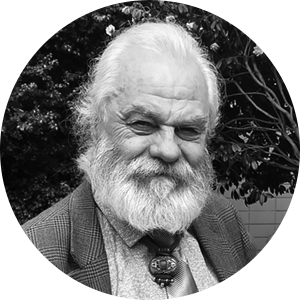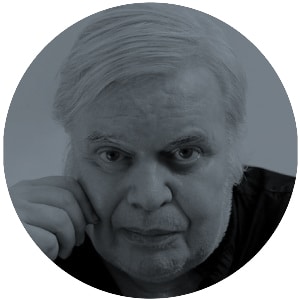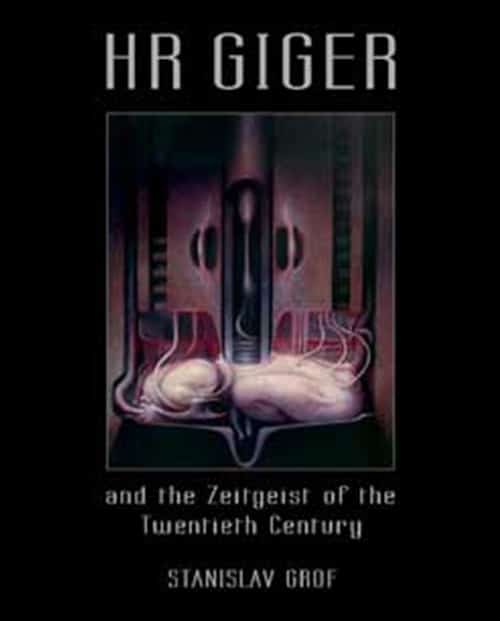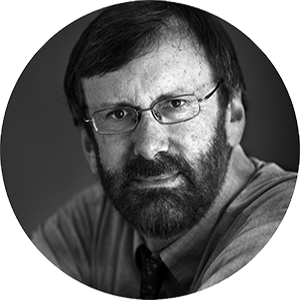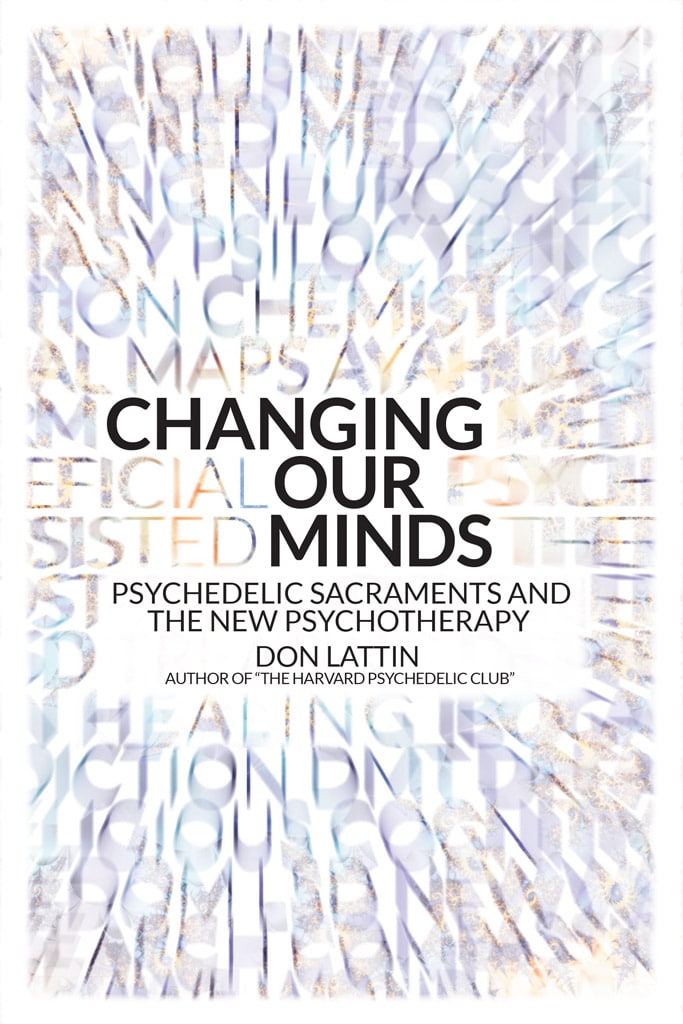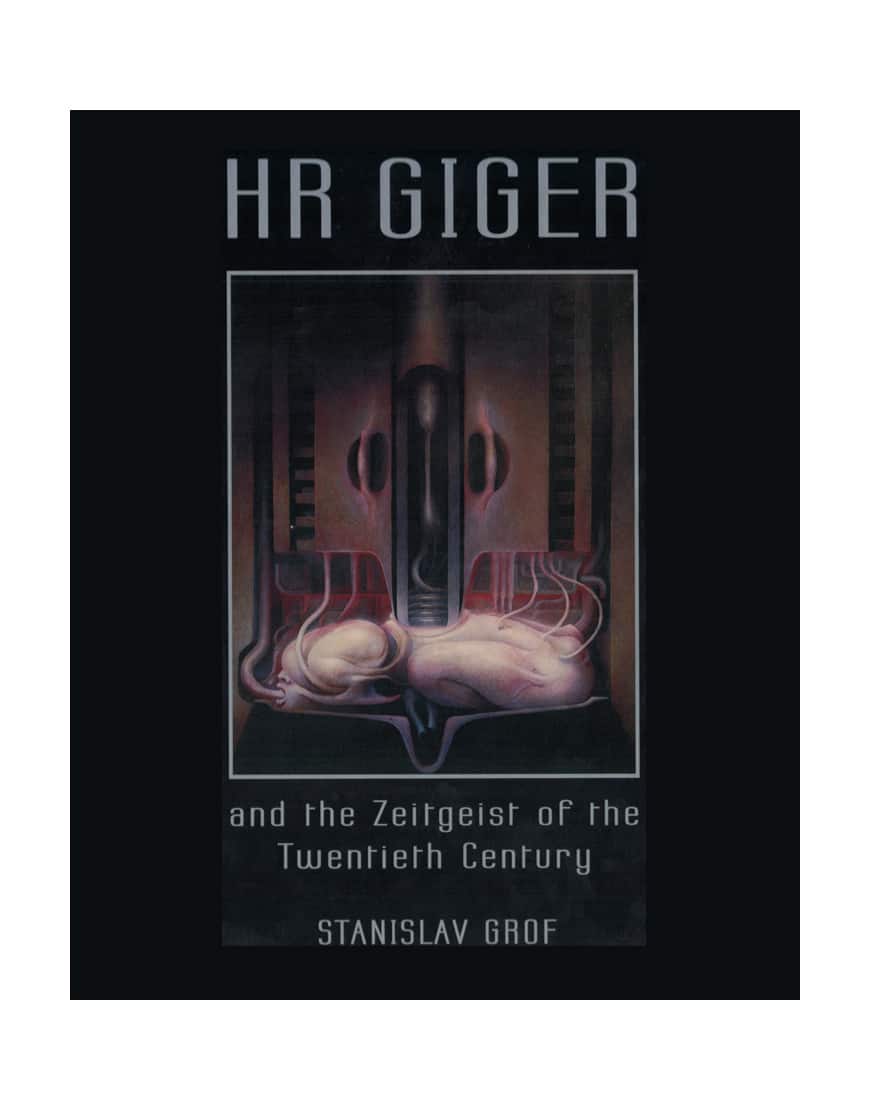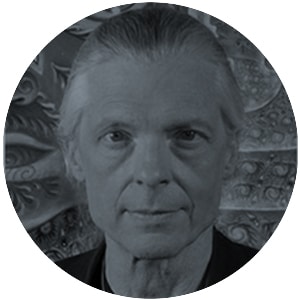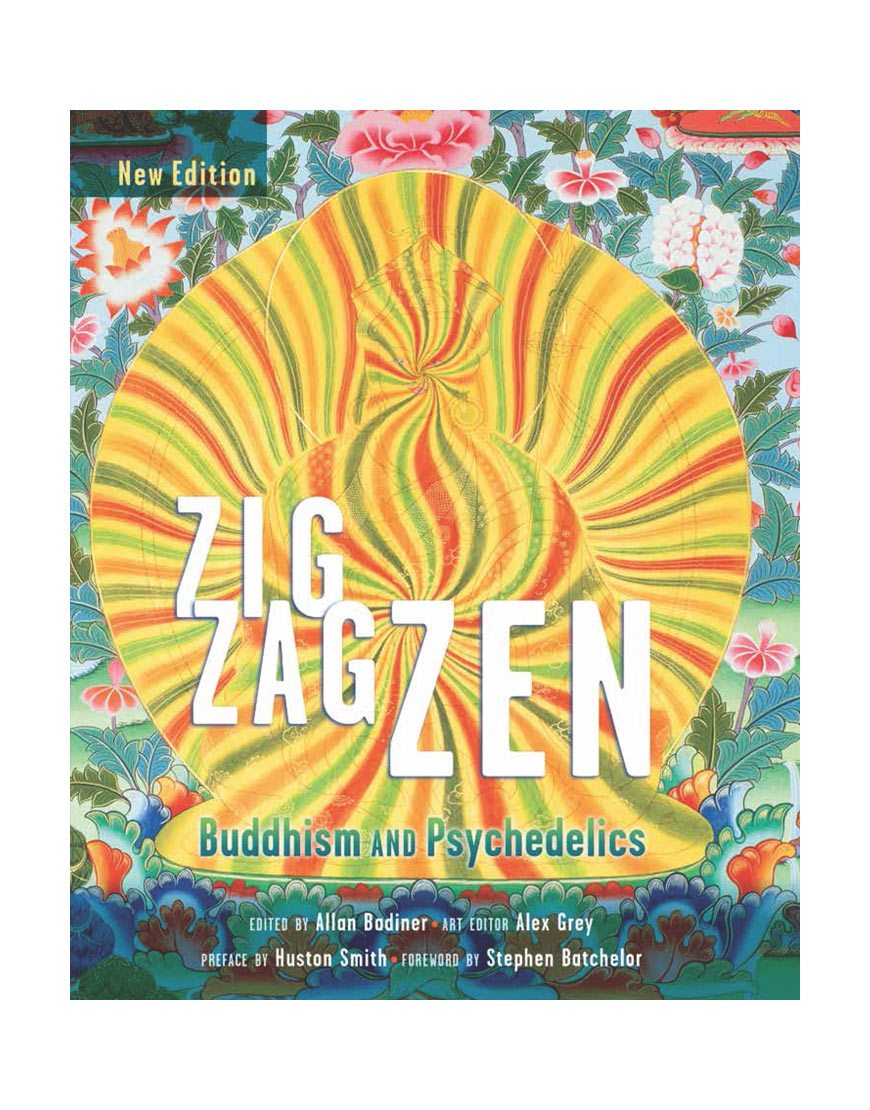Stanislav Grof, M.D., Ph.D., is a psychiatrist with more than fifty years experience researching the healing and transformative potential of non-ordinary states of consciousness. His groundbreaking theories influenced the integration of Western science with his brilliant mapping of the transpersonal dimension. On October 5, 2007 Dr. Grof received the prestigious VISION 97 award granted by the Foundation of Dagmar and Vaclav Havel in Prague.
He is one of the founders and chief theoreticians of Transpersonal Psychology and received an Honorary Award for major contributions to and development of the field of Transpersonal Psychology from the Association for Transpersonal Psychology in 1993. Dr. Grof is also the founding President of the International Transpersonal Association (ITA) and was its President for many years. He has organized large international conferences throughout the world and continues to lecture and teach professional training programs in Holotropic Breathwork and transpersonal psychology.
Currently, Dr. Grof is Professor of Psychology at the California Institute of Integral Studies (CIIS) in the Department of Philosophy, Cosmology, and Consciousness in San Francisco, CA, and at Wisdom University in Oakland, CA.
Dr. Grof was born in 1931 in Prague where he received an M.D. from Charles University and a Ph.D. (Doctor of Philosophy in Medicine) from the Czechoslovakian Academy of Sciences. Between 1960 and 1967, he was Principal Investigator in a psychedelic research program at the Psychiatric Research Institute in Prague, Czechoslovakia.
In the United States, Dr. Grof served as Chief of Psychiatric Research at the Maryland Psychiatric Research Center and Assistant Professor of Psychiatry at Johns Hopkins University School of Medicine in Baltimore, MD. He was also Scholar-in-Residence at Esalen Institute.
Dr. Grof’s extensive research includes experiential psychotherapy using psychedelics and non-drug techniques, especially the holotropic breathwork (a method he developed with his wife Christina), alternative approaches to psychoses, understanding and treatment of psychospiritual crises (“spiritual emergencies”), the implications of recent developments in quantum-relativistic physics, biology, brain research, and other avenues of the emerging scientific paradigm, for psychiatric theory and consciousness studies.
Among his publications are over 150 papers in professional journals and many books including Beyond the Brain, LSD Psychotherapy, Psychology of the Future, The Cosmic Game, and the newly-released When the Impossible Happens and The Ultimate Journey.
Recently, he wrote the essay to that provides a psychoanalytic framework for understanding the work of H.R. Giger.
